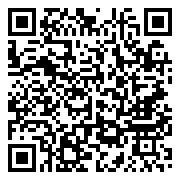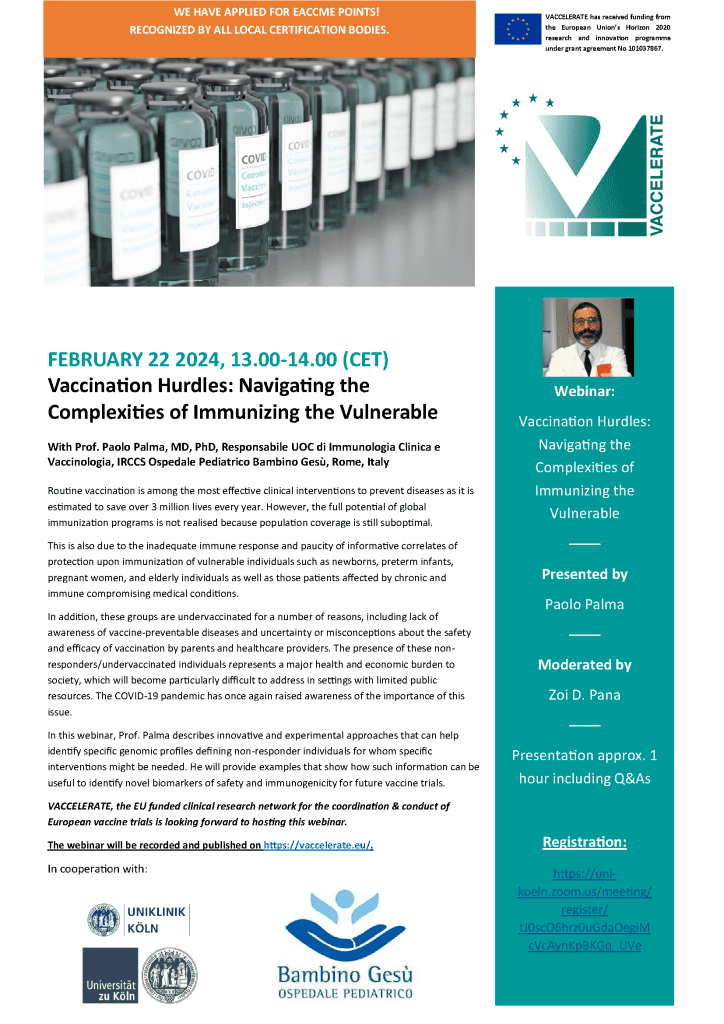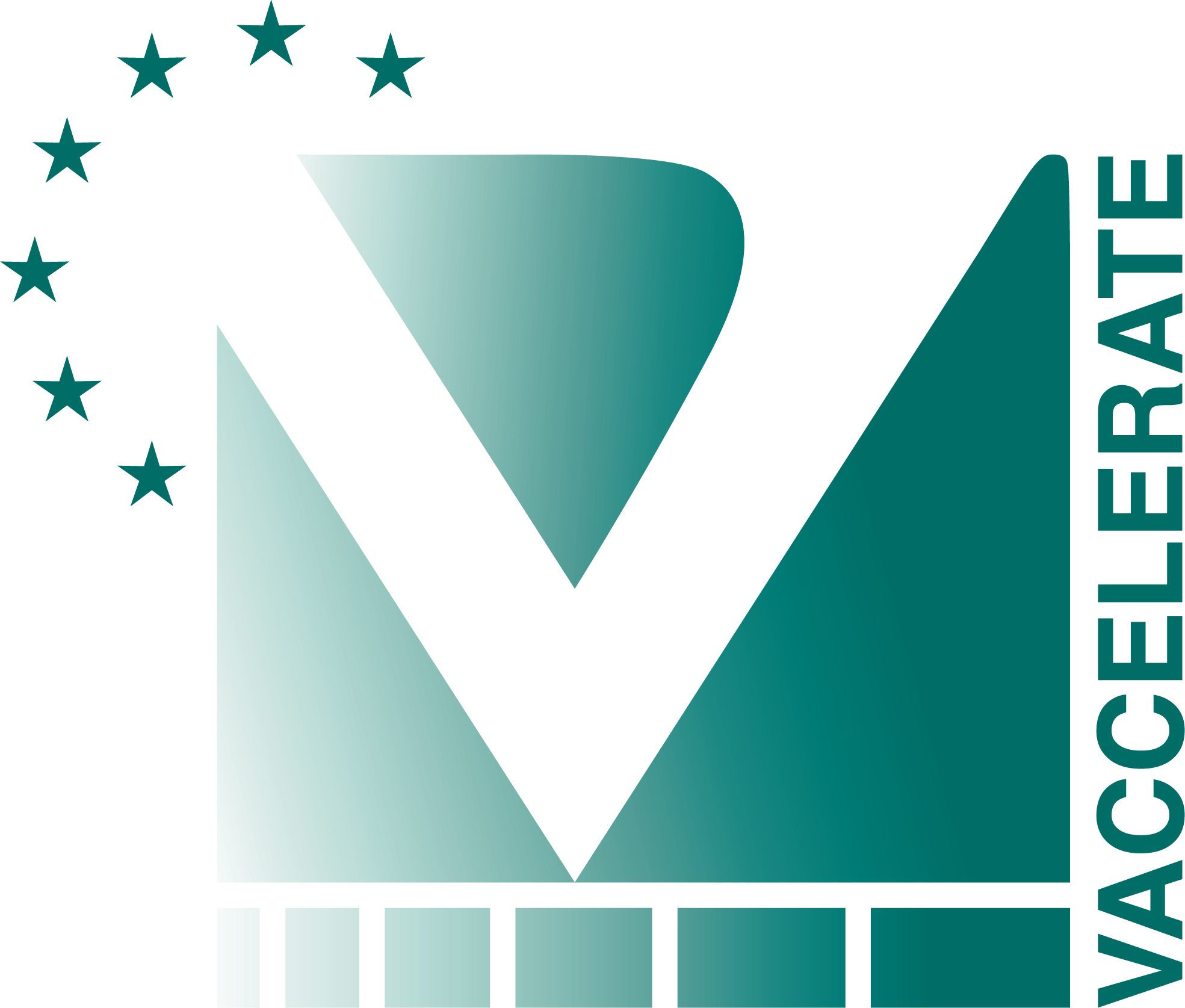Vaccination Hurdles: Navigating the Complexities of Immunizing the Vulnerable
With Prof. Paolo Palma, MD, PhD, Responsabile UOC di Immunologia Clinica e Vaccinologia, IRCCS Ospedale Pediatrico Bambino Gesù, Rome, Italy
Routine vaccination is among the most effective clinical interventions to prevent diseases as it is estimated to save over 3 million lives every year. However, the full potential of global immunization programs is not realised because population coverage is still suboptimal.
This is also due to the inadequate immune response and paucity of informative correlates of protection upon immunization of vulnerable individuals such as newborns, preterm infants, pregnant women, and elderly individuals as well as those patients affected by chronic and immune compromising medical conditions.
In addition, these groups are undervaccinated for a number of reasons, including lack of awareness of vaccine-preventable diseases and uncertainty or misconceptions about the safety and efficacy of vaccination by parents and healthcare providers. The presence of these non- responders/undervaccinated individuals represents a major health and economic burden to society, which will become particularly difficult to address in settings with limited public resources. The COVID-19 pandemic has once again raised awareness of the importance of this issue.
In this webinar, Prof. Palma describes innovative and experimental approaches that can help identify specific genomic profiles defining non-responder individuals for whom specific interventions might be needed. He will provide examples that show how such information can be useful to identify novel biomarkers of safety and immunogenicity for future vaccine trials.


